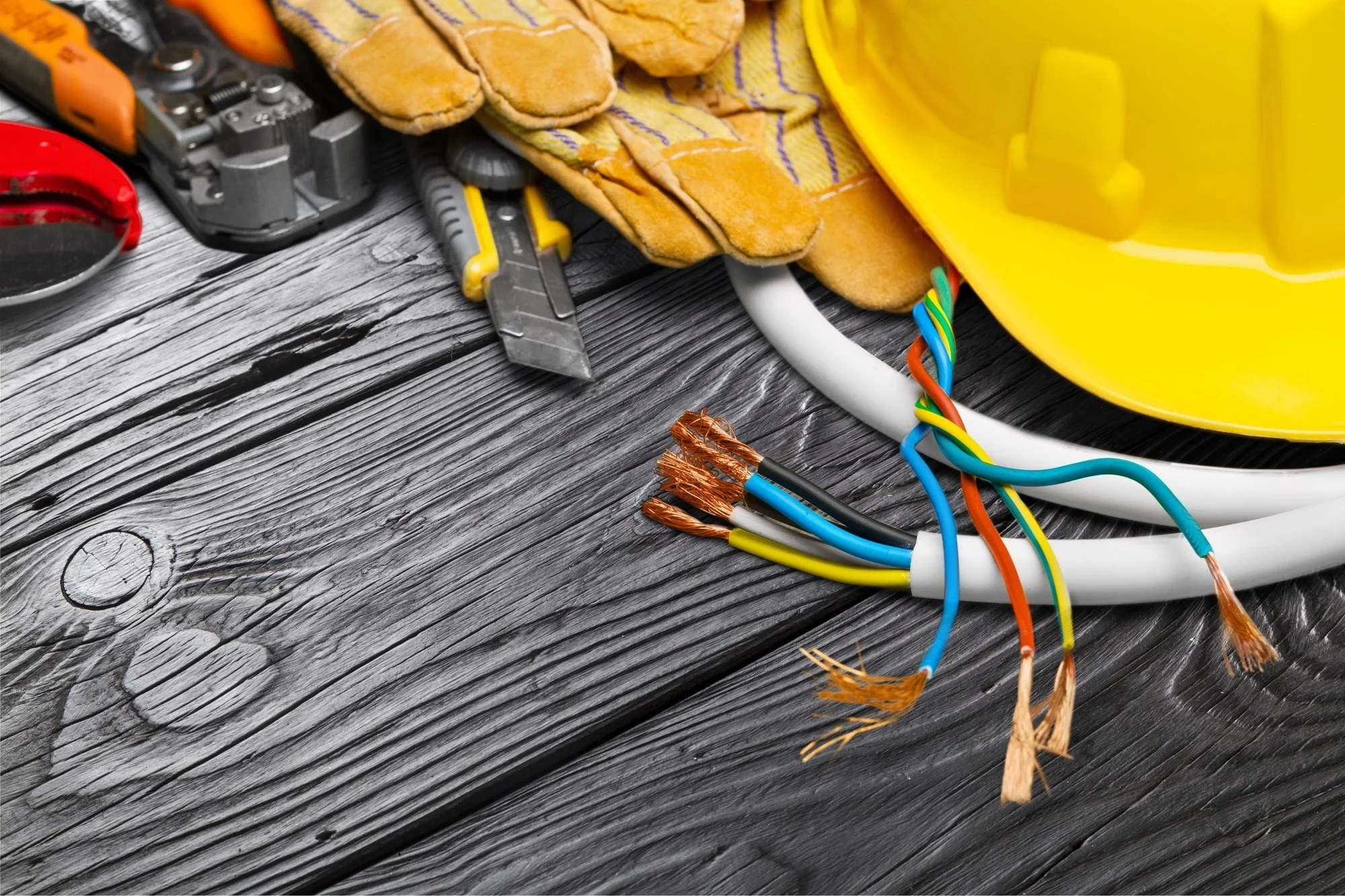Selecting the Right Cable Assembly Manufacturer

Selecting the right cable assembly manufacturer is a critical decision that can significantly impact the quality, reliability, and overall success of your electronic systems or products. Whether you are in telecommunications, automotive, medical, aerospace, or consumer electronics, the choice of your cable assembly partner can make a substantial difference. Here’s an expanded guide to help you make an informed decision:
1. Evaluating Experience and Reputation
The first step is to assess the experience and reputation of potential manufacturers. A company with a long-standing presence in the industry is likely to have honed its processes and quality over time. Look for manufacturers with a strong track record in your specific field.
- Research Customer Feedback: Check customer testimonials, case studies, and reviews.
- Industry Awards and Recognition: Accolades can be a good indicator of a company’s standing in the industry.
- Historical Performance: Investigate their history of product performance and reliability.
2. Quality Certifications and Compliance
Quality certifications are not just badges; they are indicators of a manufacturer’s commitment to maintaining international standards.
- ISO Certifications: ISO 9001 is the most common, but also look for industry-specific certifications such as ISO 13485 for medical devices.
- Compliance with Industry Standards: Depending on your sector, standards like RoHS, REACH, and UL may be relevant.
- Continuous Improvement Practices: Check if the manufacturer has a system for continuous quality improvement.
3. Customization and Design Capabilities
If your project requires bespoke solutions, the manufacturer’s ability to customize is crucial.
- Custom Design Services: They should be able to translate your requirements into efficient designs.
- Prototyping: Look for manufacturers who can provide rapid prototyping services.
- Material Selection and Sourcing: Assess their capability to source and use various materials and components.
4. Technical Expertise and Engineering Support
The technical prowess of a manufacturer can be a game-changer, especially for complex projects.
- Engineering Team: Gauge the expertise of their engineers and technical staff.
- Technical Consultation: They should offer consultation to optimize your design for manufacturability and functionality.
- Innovative Solutions: Assess their ability to provide innovative solutions and stay abreast of technological advancements.
5. Production Capacity and Scalability
Consider their manufacturing capabilities and whether they can scale operations to meet your demands.
- Volume Manufacturing: Can they handle large-scale production without compromising quality?
- Flexibility in Production: Assess their ability to scale up or down based on your needs.
- Facility and Equipment: The state and scale of their manufacturing facilities and equipment can indicate their capability.
6. Cost-Effectiveness and Value
While cost is a crucial factor, it’s important to consider the value you’re receiving.
- Competitive Pricing: Obtain and compare quotes to ensure you are getting a fair price.
- Total Cost of Ownership: Consider the long-term costs including maintenance, repairs, and replacements.
- Value-Added Services: Sometimes, additional services like inventory management can add significant value.
7. Testing, Quality Control, and Reliability
A robust testing and quality control system is essential for ensuring the reliability of cable assemblies.
- Testing Procedures: Understand their testing methodologies and standards.
- Quality Control Systems: Look for in-process quality control measures.
- Reliability Testing: Check if they conduct accelerated life testing, environmental testing, and other reliability assessments.
8. Customer Service and Communication
Effective communication and service are vital for a smooth partnership.
- Responsiveness: Gauge their promptness in responding to inquiries and issues.
- Technical Support: Assess the availability and quality of their technical support.
- Post-Sale Support: Consider their warranty terms and post-sale services.
9. Lead Times, Flexibility, and Delivery
Timely delivery is often critical, especially in fast-paced industries.
- Lead Time Assurance: Ensure they can meet your timelines consistently.
- Flexibility in Deadlines: Assess their ability to accommodate urgent or changing requirements.
- Logistics and Shipping: Evaluate their logistics capabilities and efficiency in shipping.
10. Regulatory Compliance and Environmental Responsibility
Especially in regulated industries, compliance with legal and environmental standards is non-negotiable.
- Industry-Specific Regulations: Ensure they meet all necessary regulatory requirements.
- Environmental Compliance: Look for commitments to environmentally friendly practices.
- Ethical Sourcing and Manufacturing: Assess their commitment to ethical sourcing and labor practices.
In summary, selecting the right cable assembly manufacturer involves a comprehensive evaluation of their experience, quality standards, technical capabilities, production capacity, cost-effectiveness, testing rigor, customer service, delivery reliability, and compliance with regulations. This decision should be based on careful consideration of your specific needs and the manufacturer’s ability to meet them, not just on cost alone. By taking a holistic approach to this selection process, you can establish a beneficial partnership that ensures the success of your projects and the longevity of your products.





